ABC launches legal action against Aboriginal body over Blayney goldmine claims
The ABC has taken unprecedented legal action against an Aboriginal land council that abandoned its opposition to the $1bn Regis goldmine in central west NSW.
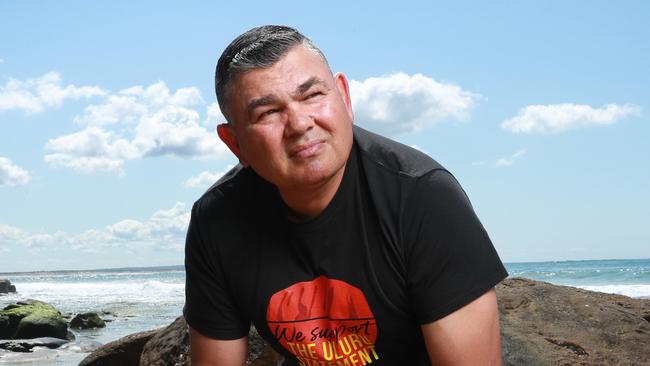
The ABC has launched unprecedented legal action against an Aboriginal land council that abandoned its opposition to the $1bn Regis gold mine at Blayney, demanding documents that Wiradjuri elders say will reveal confidential traditional knowledge.
The national broadcaster lodged an application with the NSW Civil and Administrative Tribunal to force the Orange Local Aboriginal Land Council to produce documents showing why it changed its position on the mine to neutral, having previously opposed it.
The land council said it had repeatedly told the ABC why it changed its position – namely, that it discovered information it had been given was false – and that the broadcaster had failed to properly report that response to its audience.
“The ABC won’t print what the OLALC sent them, so eventually they just shut up shop and wouldn’t comment,” said Wiradjuri leader Roy Ah-See, a former chair of the NSW Aboriginal Land Council.
“They were just copping it and nothing would get printed about what they were saying. The council started doing some investigations, they had their surveyors go in and they found out that a lot of the things in the (original) report were not true.”
Environment Minister Tanya Plibersek used Aboriginal heritage laws to make a late intervention in the McPhillamys Project in NSW last month, blocking a proposed tailings dam at the headwaters of the Belubula River – despite it having passed state and federal environmental approvals – and going against the recommendation of the government’s own consultant.
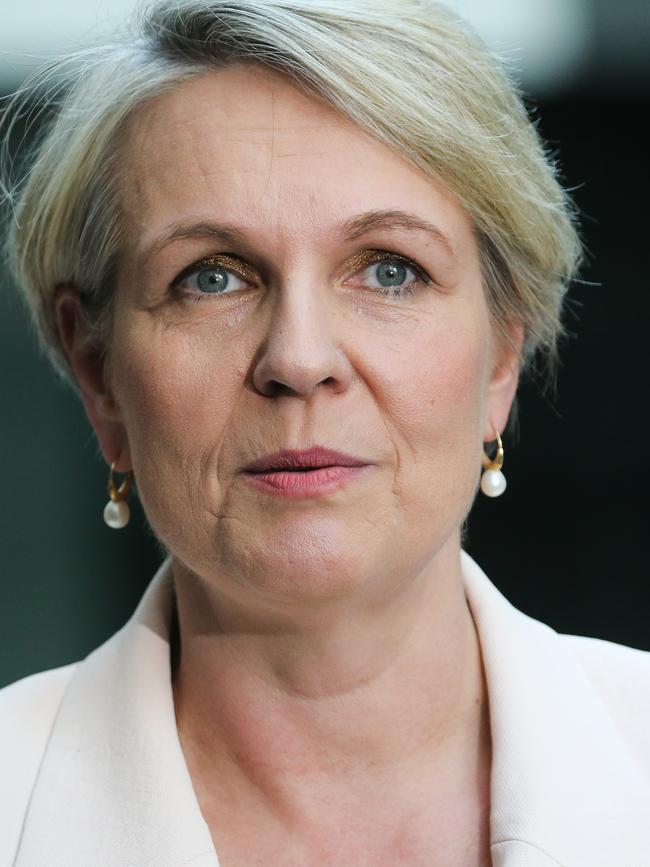
The OLALC – the representative body for Wiradjuri people under NSW law – said Ms Plibersek was taken in by the “baseless claims” of a fringe group about a bee songline that the land council said “never previously existed”.
The council said it had originally opposed the mine after relying on a report prepared by local historian Lisa Paton in 2019, but became aware of many claims in it that were not correct.
“There were a couple of legitimate things, like an ochre quarry which they got protected (for the community to have access to) and a scar tree that wasn’t previously listed, but a lot of the other stuff was just not true,” it said.
The council changed its position to neutral in January last year in its final submission to the Independent Planning Commission. By then, Ms Paton had left the council and joined a dissident group, the Wiradyuri Traditional Owners Central West Aboriginal Corporation, and was instrumental in convincing Ms Plibersek that the mine would destroy Indigenous heritage. This week, The Australian revealed Ms Paton had earlier tried to register every river, creek, lake and swamp in the shire as an Aboriginal site.
While Ms Plibersek’s explanatory statement about her goldmine decision cited the “Blue Banded Bee Dreaming” as a tradition or belief of particular significance to the Wiradjuri people, Mr Ah-See said Orange land council provided evidence from elders “that these song lines had never previously existed”.
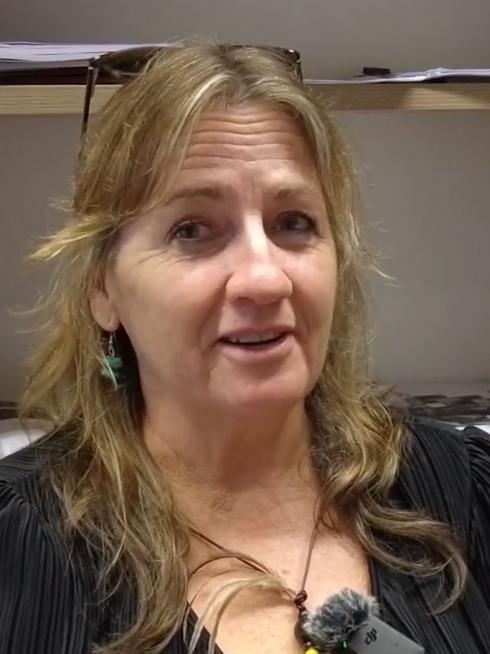
In April last year, the ABC asked the land council “what happened to OLALC to change its position from firmly opposed to the McPhillamy gold project to so-called neutral?”. The council provided a detailed, three-page response, including that:
• it had “become aware of a site surveyor … caught out dropping artefacts around another survey site”;
• the original EIS submission had been re-evaluated “as the surveyor had reservations about some of its claims”;
• the author of the report had failed to develop the submission with adequate input from the council’s surveyor or the relevant Wiradjuri elders but instead consulted local land owners and Bathurst elders;
• assurances had been given by Regis that an ochre site would be preserved and scanning would be done for any site identified as a possible burial site, even though the existence of such sites was unlikely;
• claims of a “camp oven” area had been made with no evidence. “The land owner that made the claim confirmed he had based it on finding some charcoal in the paddock. He then admitted to then continue to plough the paddock for the next 30 years for his potatoes regardless of his claims”;
• trees identified as ‘scar trees’ were found not to be scar trees;
• the author of the report, on being informed in a OLALC cultural heritage meeting that Aboriginal culture and heritage should not be used as a platform for an environmental agenda, stated she would never apologise for being an “environmentalist” first.
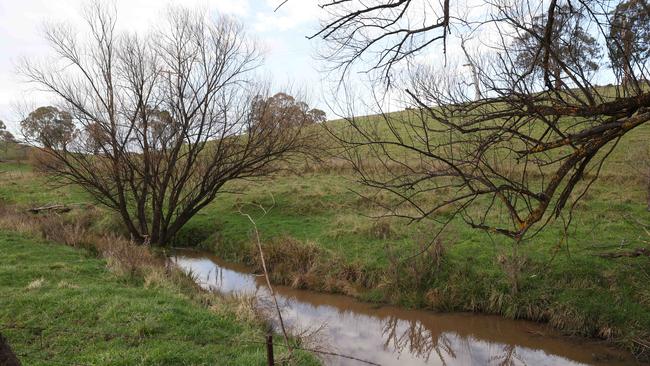
“OLALC maintains that other Aboriginal organisations and individual views and opinions should be respected. They are entitled to their opinion. But if they are put forward it must be accepted that they may be tested. Any claims intangible or not should be evidence based … If this is not done, Aboriginal culture and heritage will continue to be used by bogus surveyors and other groups for their own agendas,” OLALC stated.
The council also provided answers to nine other questions submitted by the ABC.
An article appeared on the ABC website three days later, headlined “Aboriginal land council’s backflip on McPhillamys gold mine has traditional owners demanding answers”. It repeated the WTOCWAC claims that the mine would “destroy” the area and quoted at length its officials’ claims that the land council’s move from opposition to neutral was “quite astounding” and “doesn’t pass the pub test”.
The piece used just three quotes from the land council’s response: “OLALC told the ABC that every Aboriginal person and organisation’s views should be respected. ‘They are entitled to their opinion. Any such view should be supported by evidence regardless of whether they are tangible or intangible’.”
It contained none of its explanation of the flaws uncovered in the first report, the criticism of the report’s author, or the undertakings made by Regis.
In a statement to The Australian, the ABC said: “Responses from the OLALC have been included in the reporting”.
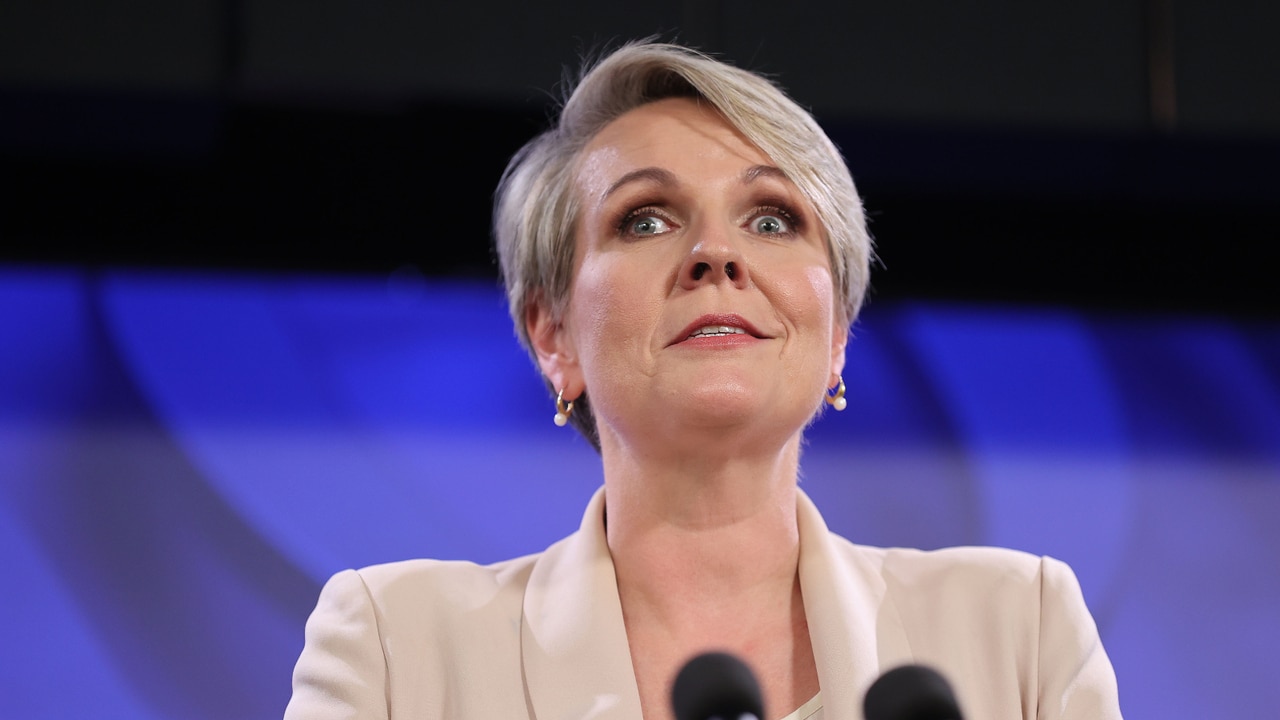
The dispute escalated when the ABC published claims by OLALC member Corey McLean that he was “disgusted” by the council’s reversal.
“It’s not about culture, it’s not about heritage, it’s all about the ‘walang’ – the money,” Mr McLean was quoted as saying.
OLALC vehemently denies there was any money involved. Regis confirmed that “there are no financial benefits at all – including no royalties at all, as there is no native title (which is what generates the royalties in other areas).”
“There are all these rumours that they were getting money through royalties but it’s freehold land, there is nothing in it for them,” Mr Ah-See said. “They haven’t negotiated anything for themselves. They don’t care if the mine goes ahead or not. What they are trying to do is protect Aboriginal culture and heritage as they are compelled to do under the Act.”
The ABC then lodged a GIPA (a freedom of information request) seeking access to emails, information or advice exchanged between the land council and Regis Resources and between the council and its board members.
The council handed over some documents but refused others, citing an exception in cases that would “reveal any information relating to Aboriginal or Torres Strait Islander traditional knowledge”.
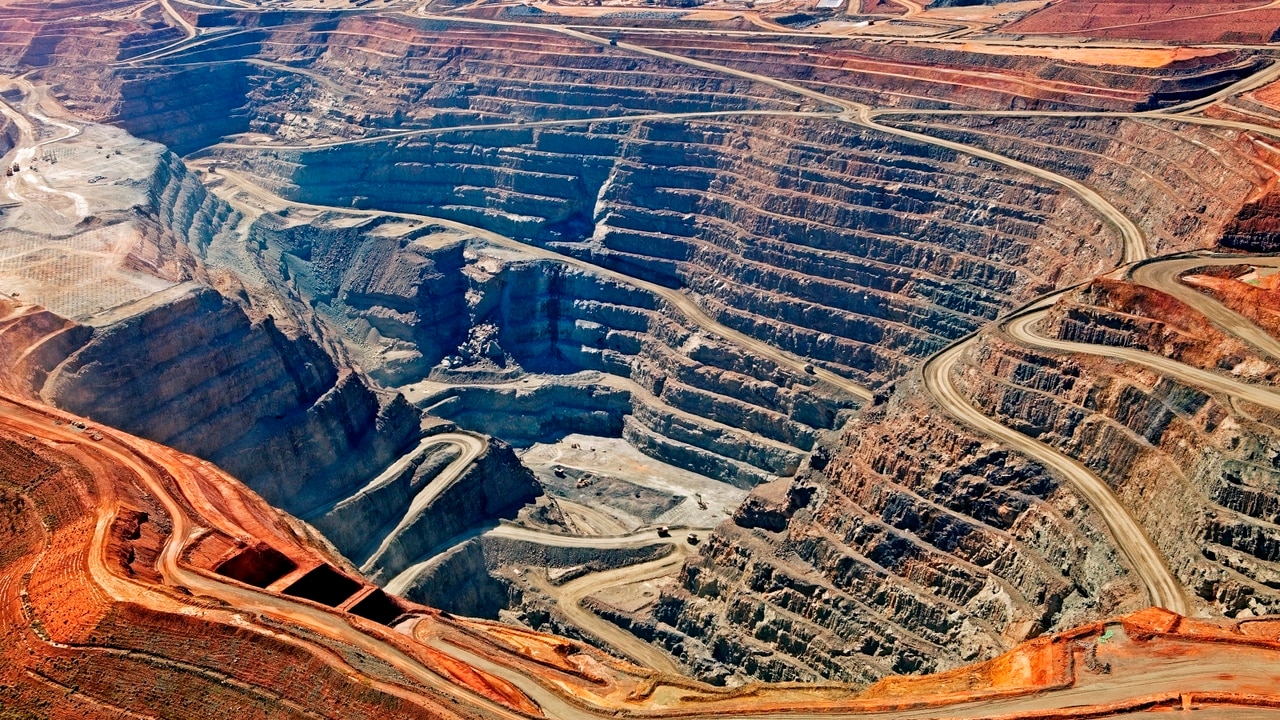
In rejecting the ABC’s demand for documents, the land council said its revised submission on the mine was made after consulting elders who held traditional knowledge and were prepared to share it with the federal government on a confidential basis, but not with the ABC to make public.
After an external review, the Information and Privacy Commissioner recommended the council reconsider its decision, but noted its decision was not binding and the applicant could ask NCAT to review the decision.
The ABC has now taken the council to the NCAT.
“This isn’t just a waste of taxpayers’ money by the ABC; it’s wasted money for the council, too,” Mr Ah-See said. “They’re a not-for-profit charity and now they’ve got to brief a barrister to defend them.”
An ABC representative said: “This is a journalistic investigation involving pursuing a GIPA application, in the same way media organisations including News Corporation regularly pursue FOI applications”.
“As to the assertion that documents requested contain Wiradyuri traditional knowledge, the GIPA Act provides various bases upon which information may be withheld. It is a matter for the OLALC to justify any such decision under the Act.”
The ABC did not respond to questions about whether it had ever previously instituted legal action against a representative Indigenous organisation, or how it would deal with documents claimed by Wiradyuri elders to contain traditional knowledge if it was successful in its claim.
The matter will be heard by the tribunal on Monday.


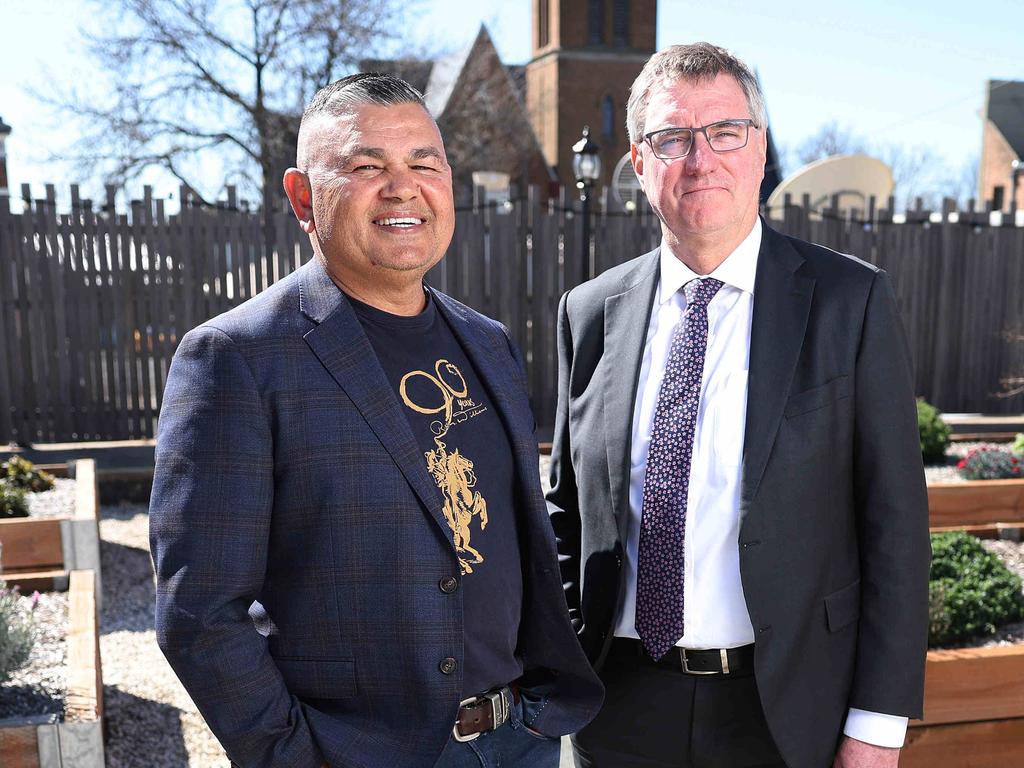

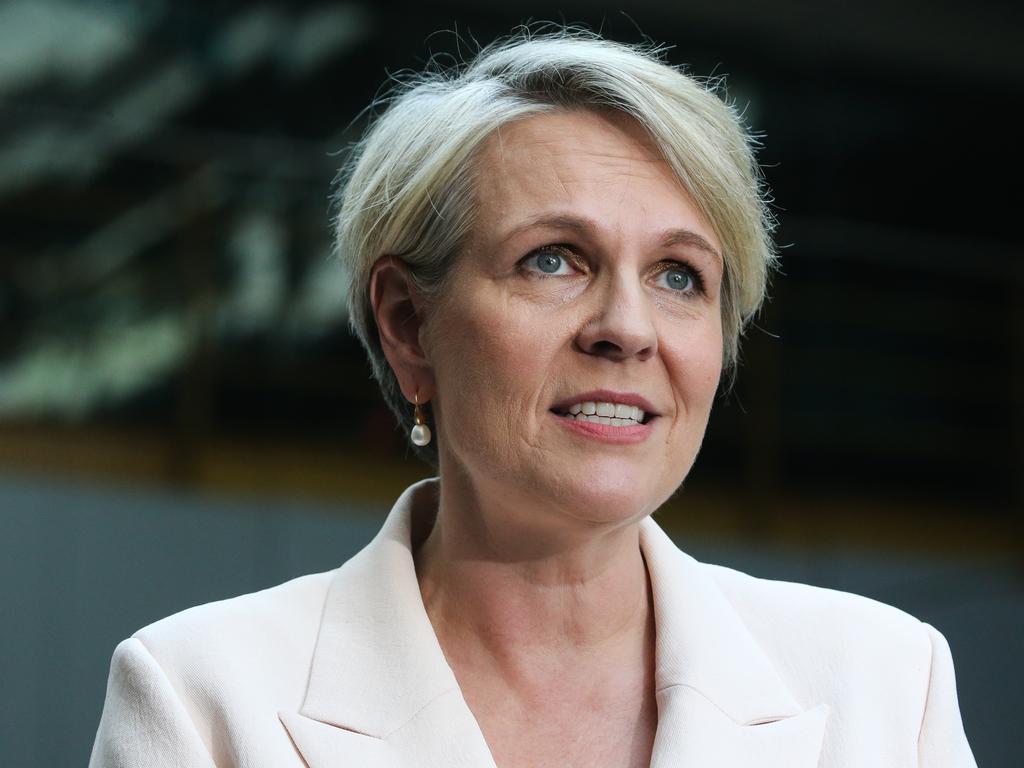

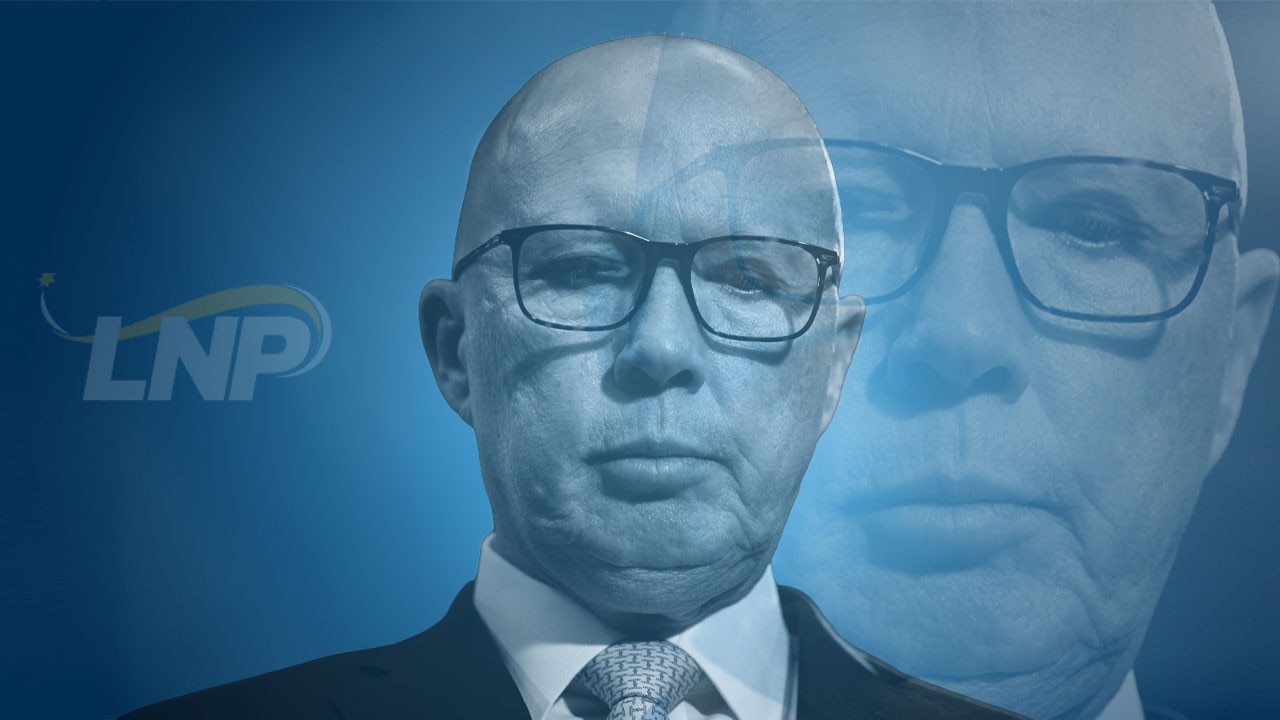
To join the conversation, please log in. Don't have an account? Register
Join the conversation, you are commenting as Logout